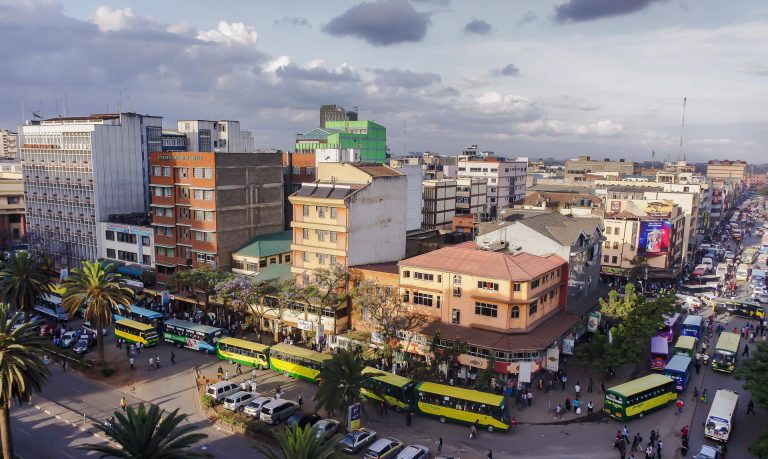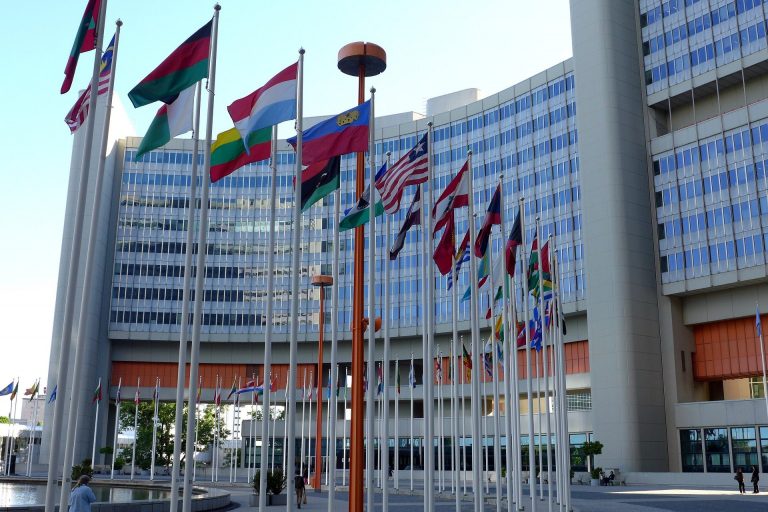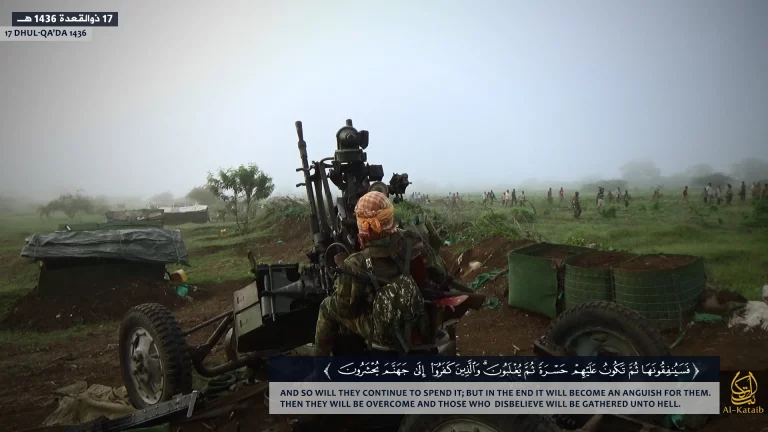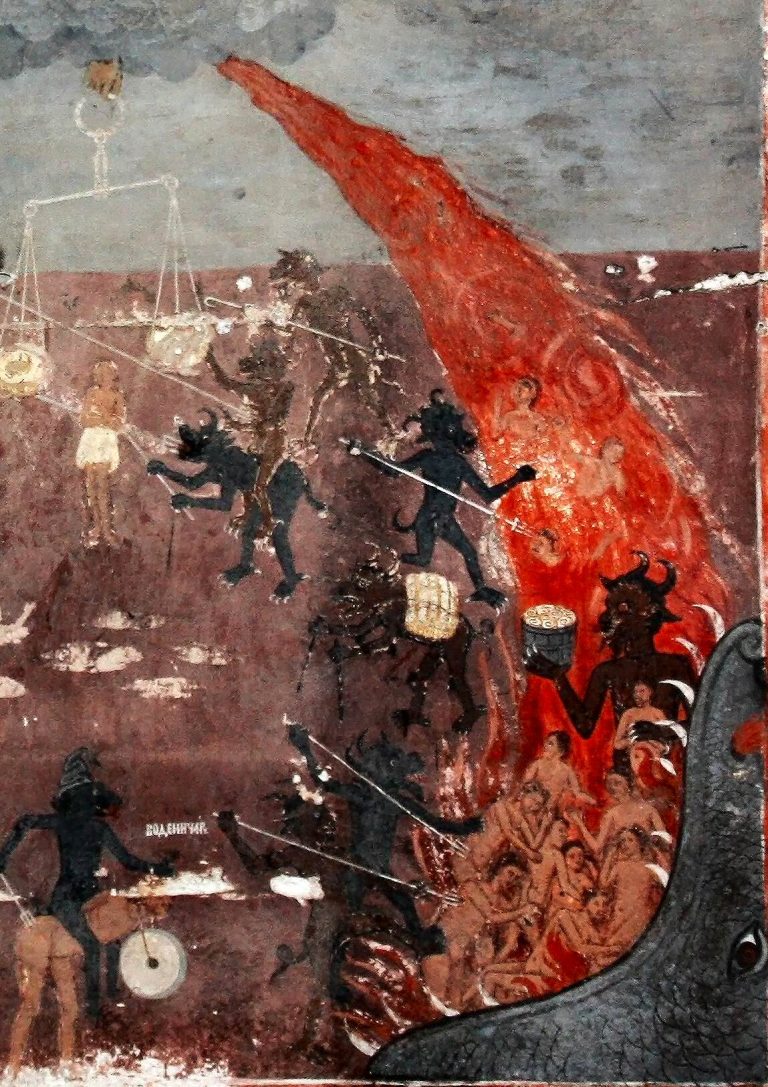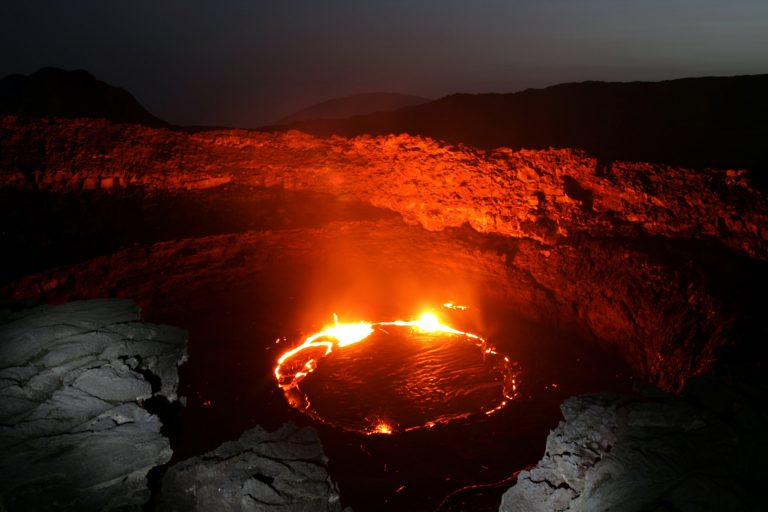“It is acceptable that 100,000 non-Muslims die now fighting Jihadis in Sub-Saharan Africa if this prevents 20,000,000 non-Muslims from dying in the next decade fighting more powerful and more malignant jihadis” – Geopoliticspress.com.
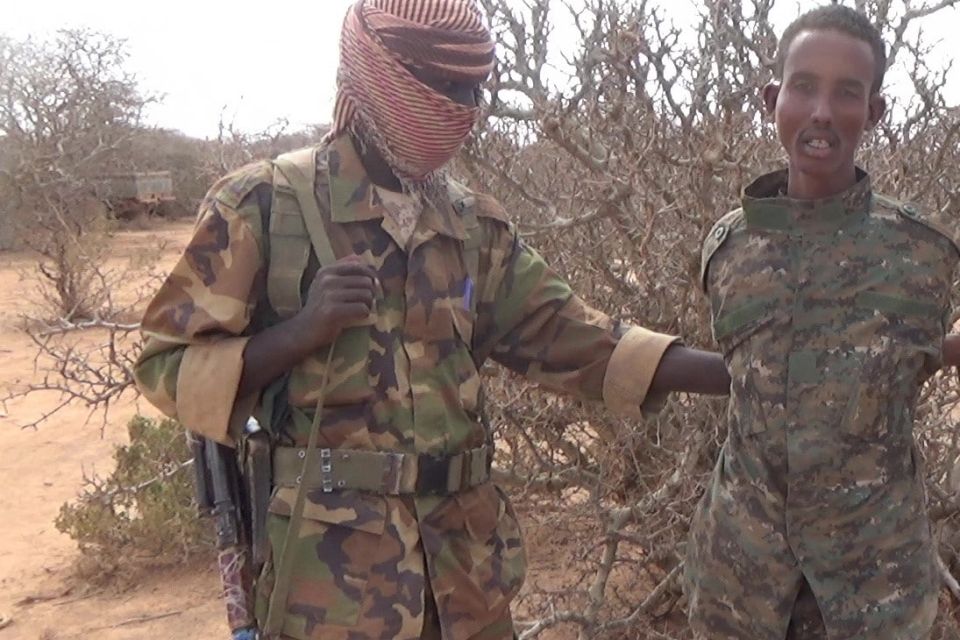
In early 2014, al-Qaeda Central (AQC) authorized Plan Africa – a staggered invasion of multiple African nations following the plundering of Libya’s armament depots and the overthrow of President Mohamed Morsi in Egypt which put an end to any hopes of Islamists peacefully taking power through competitive electoral politics. Two other reasons that compelled AQC to invade sub-Saharan Africa were the battlefield successes and territorial control of the Islamic State in Iraq and Syria (ISIS) as well as the ability of Harakat al-Shabaab al-Mujahideen to survive the most intense phase of a multi-national offensive dubbed Operation Indian Ocean that was spearheaded by AMISOM.
A less clear reason for launching the invasion of sub-Saharan African nations is the expectation that the armed Islamists enjoyed a cognitive edge over the incompetent and incapable African governments they encountered. Most sub-Saharan African governments are duly incompetent and this is matched by their incapable and rapaciously corrupt armed forces which are trooped by low-quality soldiers who cannot compile any decent grand defensive strategy. Ironically, though al-Qaeda bested the corrupt African regimes during the initial phase of the invasion, which allowed it to gain a foothold in Mali, Niger, Chad, Nigeria, Chad, Kenya, Burkina Faso, and the Democratic Republic of Congo; the invasion has turned out to have a soteriological effect in the affected nations. Moreover, al-Qaeda and ISIS have probed the border defenses of Ivory Coast, Togo, Ghana, Tanzania, Guinea, Senegal, and Mozambique (where the Mwani tribe fuels al-Shabaab’s insurgency in Cabo Delgado). In 2022, al-Shabaab invaded Ethiopia, and during back-to-back raids in the border villages of Yeed and Caato, over 100 Ethiopian security personnel were killed.

Who knew that al-Qaeda could trigger domestically-initiated regime change in Niger, Mali, and Burkina Faso? Chad also experienced a change of leadership following the death of President Idriss Déby Itno due to traumatic battlefield wounds sustained during the battle of Mele (in Northern Chad) against Libya-based Arabs militants. What explains these regime change in nations afflicted with al-Qaeda insurgency? There are two reasons. The first reason is that the unpopular and incompetent governments were incapable of crafting any practical counter-terrorism strategy thus forcing them to rely of American counter-terrorism strategy. The second reason is that the failed counter-terrorism strategy used by the Americans and Europeans, despite this strategy leading to defeats in Iraq and Afghanistan (and soon, in Somalia).
In Somalia, Al-Shabaab is on the Path to Victory
“Somalia is like an expensive prostitute who is servicing Kenya and Britain. Her husband – Harakat al-Shabaab al-Mujahideen – is ready to take her back and rehabilitate her. However, her illicit lovers – Kenya and Britain – want to pimp Somalia to other sexual partners called the East African Community (EAC) with the hopes that her expanded number of illicit lovers would keep the prostitute away from her husband. Ordinary Kenyans want the prostitute to be returned to her husband and Kenya to end her illicit affair with Somalia. What gives Kenya the right to pimp Somalia to EAC?”, asked Maurice, a Kenyan who is vocal about Kenya ending its wasteful war as it serves no Kenyan interests.

Operation Indian Ocean followed in the heels of Operation Free Shabelle which had forced al-Shabaab to cede control of almost the entire Shabelle region, with the exception of remote sparsely-inhabited areas where al-Shabaab could regroup but could not collect taxes from the surrounding impoverished communities.


